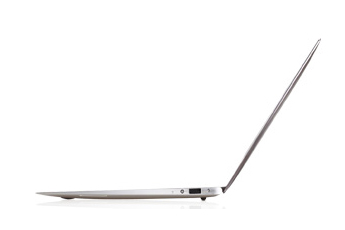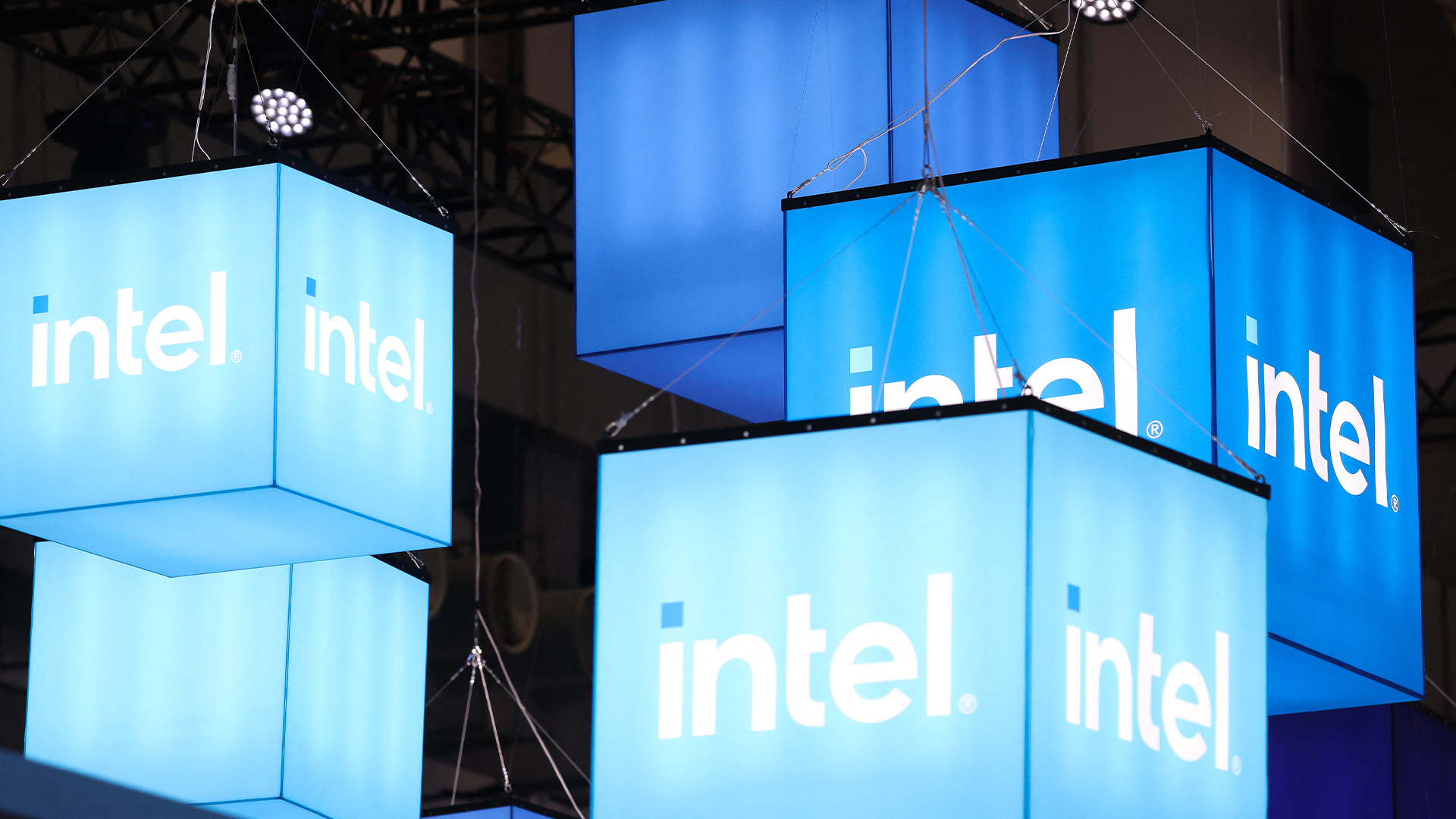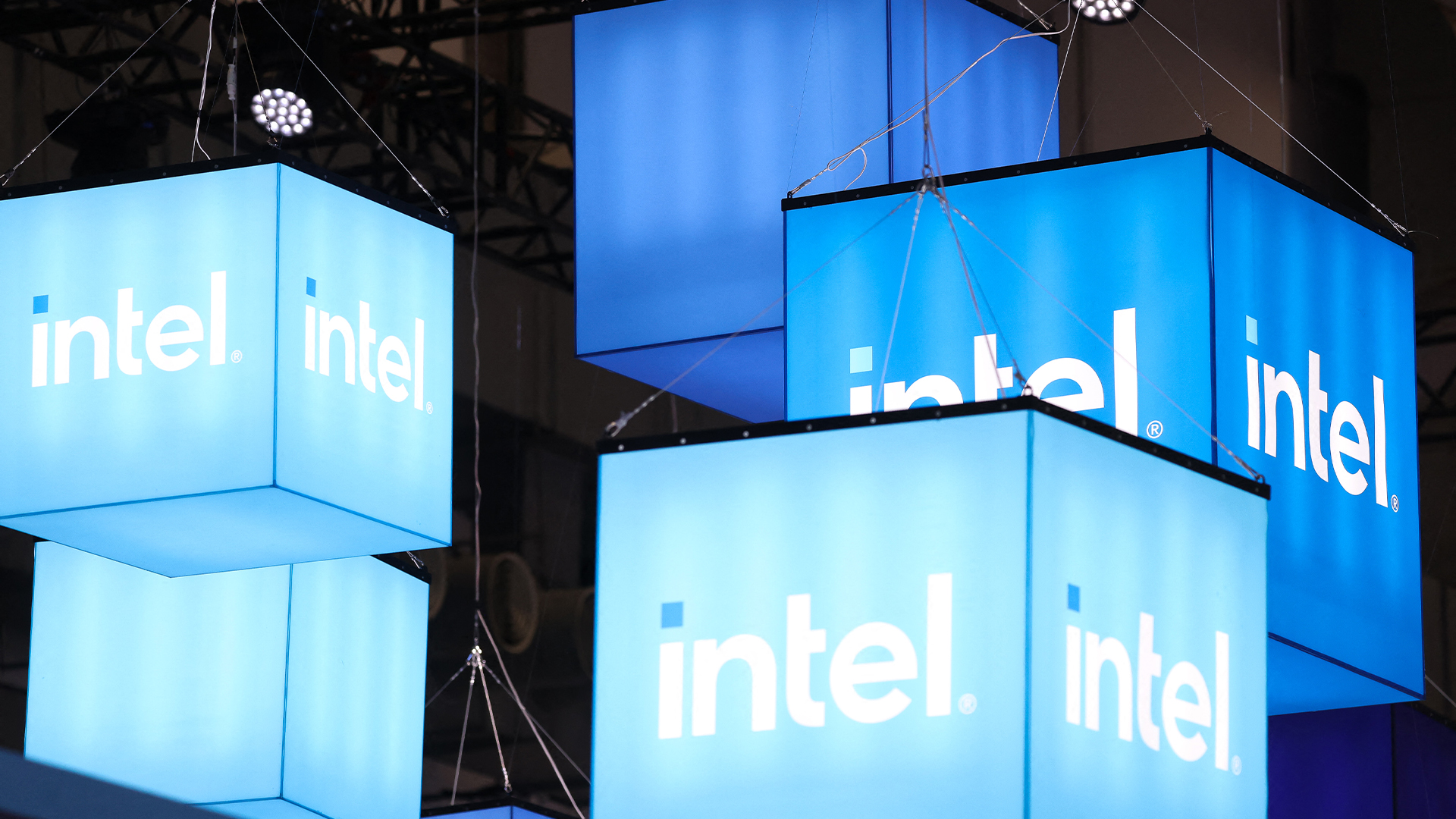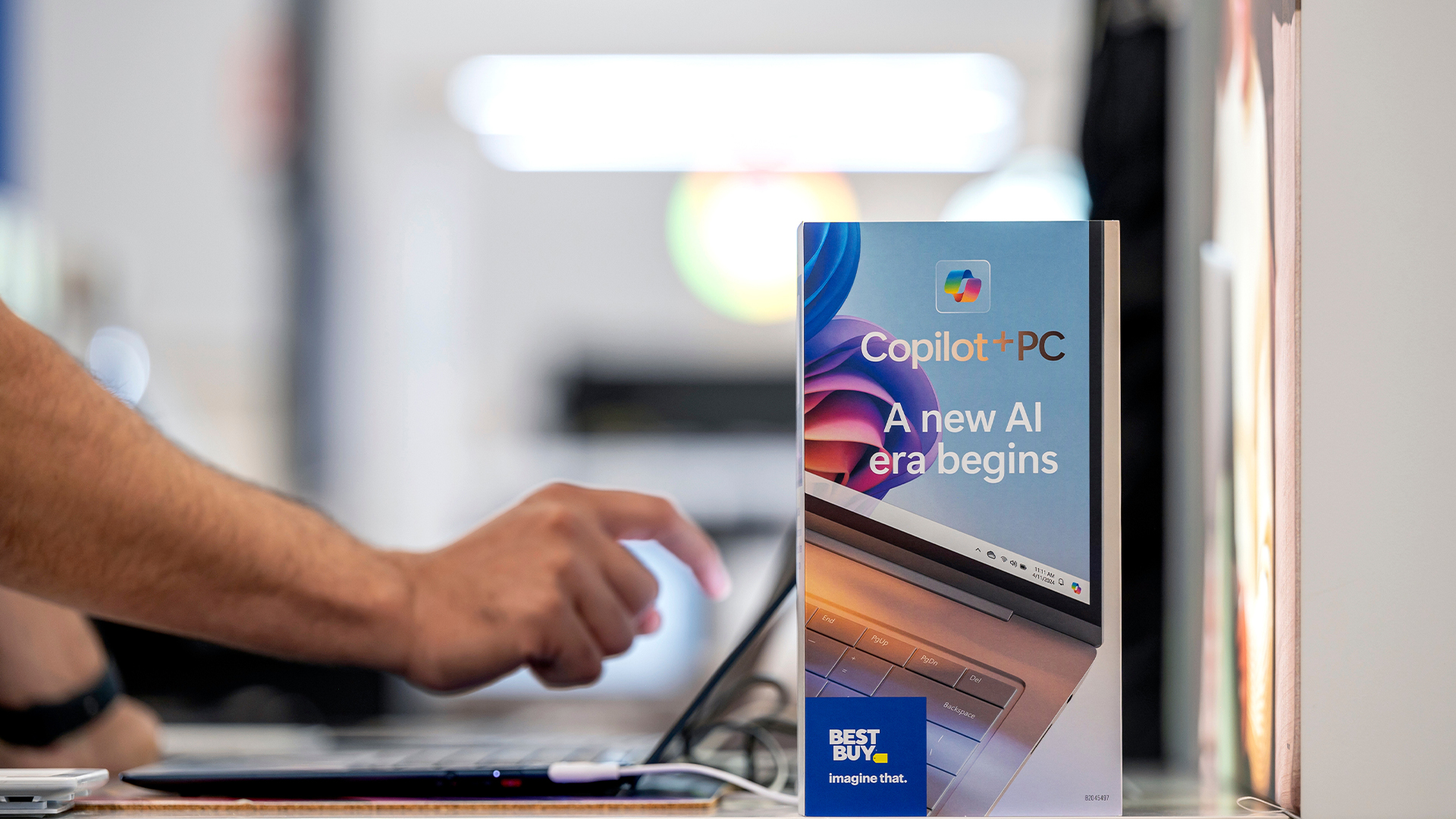Intel unveils Ultrabook concept
The Ultrabook will blend laptop performance with tablet features, Intel says.


Intel has put a name on a new kind of computing system, a super thin and light machine type known as an 'Ultrabook.'
These "no-compromise computers" will make up 40 per cent of the consumer laptop market by the end of 2012, Intel's executive vice president Sean Maloney said at the Computex trade show.
Despite hazy details from Intel on specifications, Ultrabooks will be fast, lightweight, thin notebooks, which look set to challenge the likes of Apple's MacBook Air.
Ultrabooks will bring together the capabilities of modern laptops with some tablet-like features, the chip maker said.
Intel will be making alterations to its processor roadmap in order to incorporate this supposed new form factor.
"Computing is taking many forms," Maloney said. "Technology innovation is a catalyst, and we believe the changes Intel is making to its roadmaps, together with strong industry collaboration, will bring about an exciting change in personal computing over the next few years."
The latest 2nd Generation Intel Core processors have been created with the Ultrabook in mind. Systems based on these chips will be released in time for Christmas, and will include the UX21 Asus Ultrabook.
Sign up today and you will receive a free copy of our Future Focus 2025 report - the leading guidance on AI, cybersecurity and other IT challenges as per 700+ senior executives
"At Asus, we are very much aligned with Intel's vision of Ultrabook," said Asus chairman Jonney Shih.
"Our customers are demanding an uncompromised computing experience in a lightweight, highly portable design that responds to their needs quickly. Transforming the PC into an ultra thin, ultra responsive device will change the way people interact with their PC."
The upcoming Ivy Bridge processors will be the second step in the move to Ultrabook adoption, followed by the 2013 chips, currently code-named Haswell.
"The work Intel is doing with the Intel Atom processor roadmap, coupled with the significant changes we are making to our Intel Core processor roadmaps, will continue to enhance Intel's ability to deliver complete hardware solutions with a choice of software platforms across a full spectrum of computing - from back-end servers that power the cloud to the billions of devices that access the cloud," Maloney added.
Intel will be hoping it can dominate the Ultrabook market, if one emerges, given rival ARM has become the dominant processor force in the smartphone and tablet spaces.
Maloney was still bullish about Intel's performance in the tablet market, however, showing off 10 models based on the Intel Atom processor Z670.
Intel wants to see its Medfield 32nm platform introduced in future tablets, showcasing the design running Google Android 3.0 for the first time. Medfield will go into production later this year, with devices featuring the chips expected in the first half of 2012.
Tom Brewster is currently an associate editor at Forbes and an award-winning journalist who covers cyber security, surveillance, and privacy. Starting his career at ITPro as a staff writer and working up to a senior staff writer role, Tom has been covering the tech industry for more than ten years and is considered one of the leading journalists in his specialism.
He is a proud alum of the University of Sheffield where he secured an undergraduate degree in English Literature before undertaking a certification from General Assembly in web development.
-
 Trump's AI executive order could leave US in a 'regulatory vacuum'
Trump's AI executive order could leave US in a 'regulatory vacuum'News Citing a "patchwork of 50 different regulatory regimes" and "ideological bias", President Trump wants rules to be set at a federal level
-
 TPUs: Google's home advantage
TPUs: Google's home advantageITPro Podcast How does TPU v7 stack up against Nvidia's latest chips – and can Google scale AI using only its own supply?
-
 Nvidia’s Intel investment just gave it the perfect inroad to lucrative new markets
Nvidia’s Intel investment just gave it the perfect inroad to lucrative new marketsNews Nvidia looks set to branch out into lucrative new markets following its $5 billion investment in Intel.
-
 The US government's Intel deal explained
The US government's Intel deal explainedNews The US government has taken a 10% stake in Intel – but what exactly does the deal mean for the ailing chipmaker?
-
 US government could take stake in Intel as chip giant's woes continue
US government could take stake in Intel as chip giant's woes continueNews The move would see increased support for Intel’s manufacturing operations
-
 Dell says Windows 11 migration is a prime opportunity to overhaul ageing PC fleets – and AI devices are in the spotlight
Dell says Windows 11 migration is a prime opportunity to overhaul ageing PC fleets – and AI devices are in the spotlightNews The shift to Windows 11 means IT leaders can ditch old tech and get their hands on AI PCs
-
 The gloves are off at Intel as new CEO plots major strategy shift
The gloves are off at Intel as new CEO plots major strategy shiftNews Intel’s incoming CEO has some big plans for the firm’s business strategy, sources familiar with the matter have told Reuters, with more job cuts looming on the horizon.
-
 Intel just won a 15-year legal battle against EU
Intel just won a 15-year legal battle against EUNews Ruled to have engaged in anti-competitive practices back in 2009, Intel has finally succeeded in overturning a record fine
-
 AMD and Intel’s new x86 advisory group looks to tackle Arm, but will it succeed?
AMD and Intel’s new x86 advisory group looks to tackle Arm, but will it succeed?News The pair will look to make x86 CPU architecture more interoperable
-
 Why the world is about to be swamped with AI PCs
Why the world is about to be swamped with AI PCsNews With adoption rates set to surge, AI PCs will become far more mainstream in years to come
